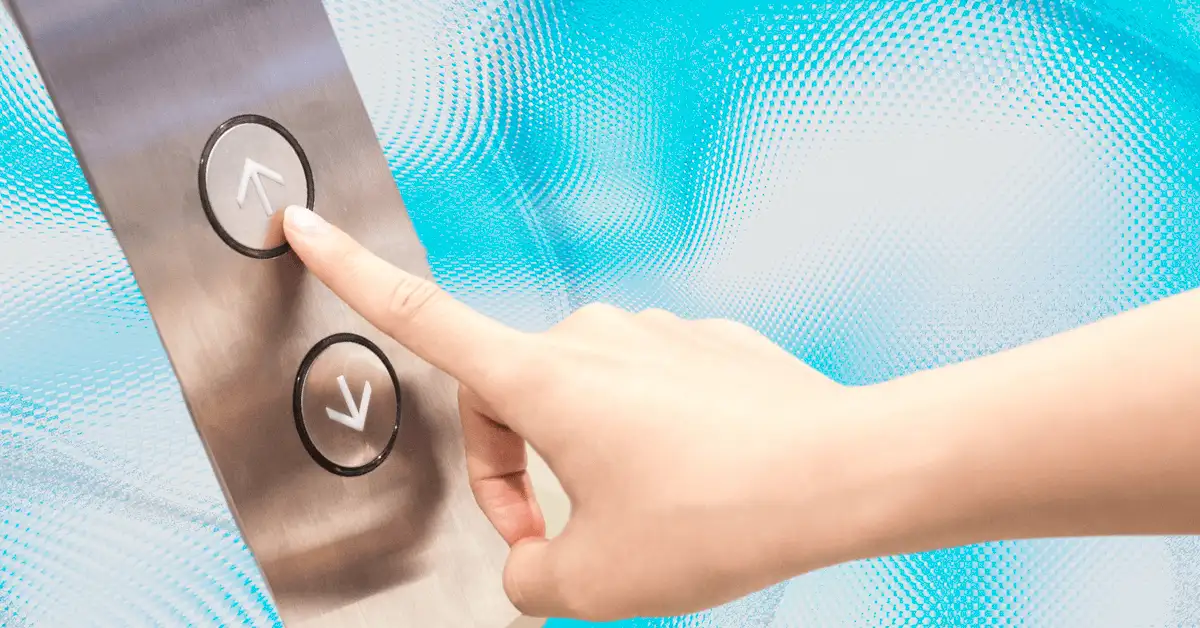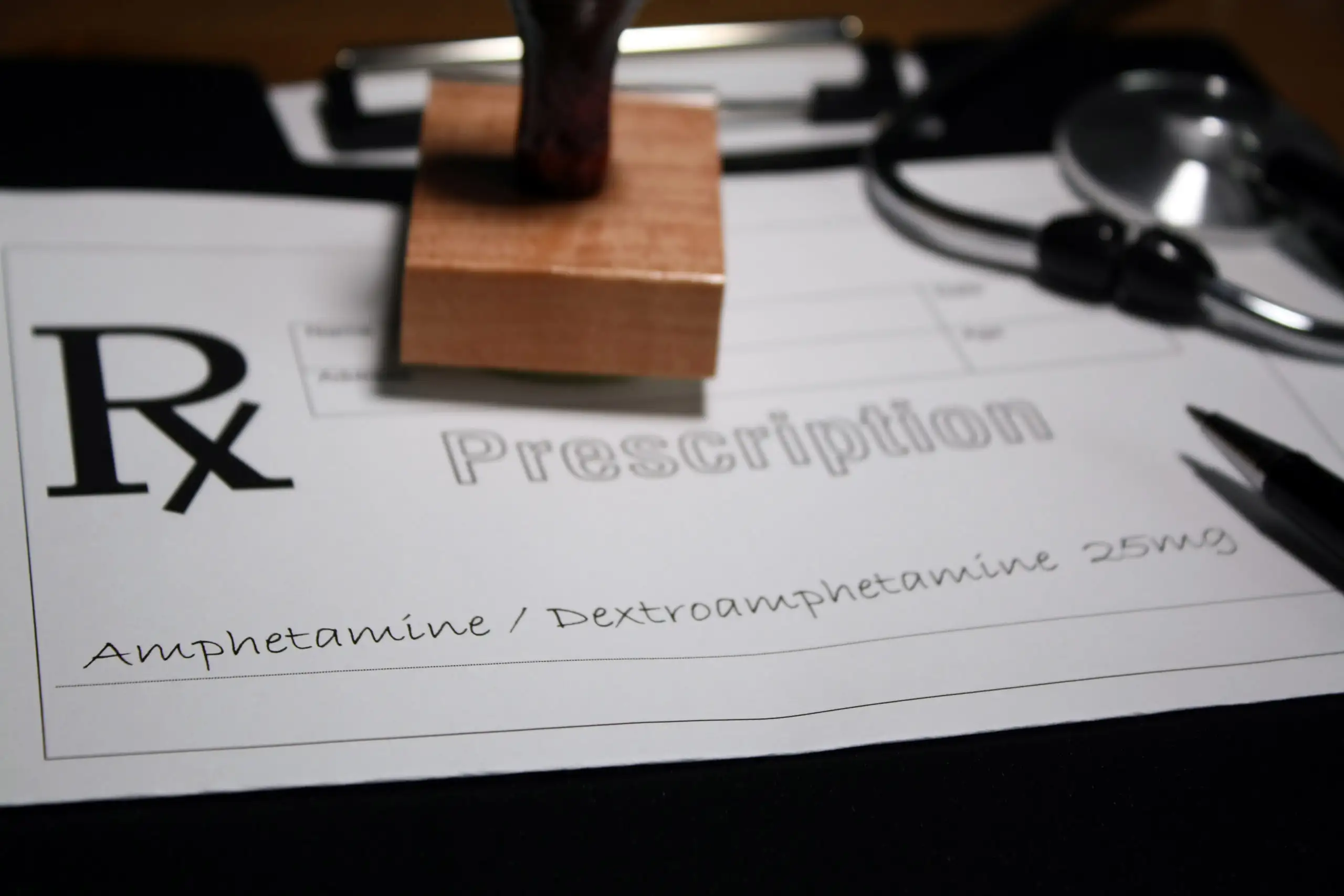
There’s big money in ‘immunity passports,’ but the idea is complicated
Published:
Updated:
Need the full story?
Sign up for The Hustle to get the business world's wildest stories delivered daily. This one's on us.
Related Articles
-

-

Music you can really feel — no, really
-

Don’t pretend you aren’t interested in the world’s largest passenger elevator
-

Is it possible to get younger?
-

What happened at CES this year?
-

CES starts today. Here’s what to expect
-

ChatGPT isn’t always right, but it’s fun
-

Could the Adderall shortage impact the workplace?
-

Tesla’s robot, explained
-

Why Big Tech wants to be in your car so badly

